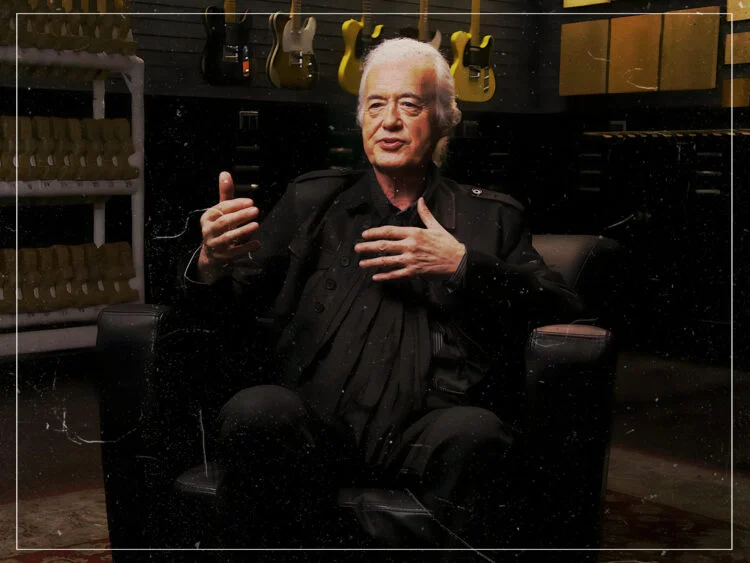Many people have tried and failed to define Jimmy Page, and can you blame them? He is more than a guitarist, as that mind and those nimble fingers didn’t just make good music, but they helped expand the definition of what rock ‘n’ roll could be. He is responsible for changing the face of music itself. Therefore, a definition doesn’t come easily, but if you gave me one word and one word only to assign him, I would say: versatile.
Versatility has always been at the heart of everything that Jimmy Page has done. Granted, when he was initially learning guitar, he was playing the same music that he had heard from the blues and R&B legends he admired so dearly. However, when he began to develop as a musician, he started looking towards over horizons, expanding upon what he was playing.
This really came into effect when he started working as a session musician. After a failed tour, Page decided to focus his musical efforts in the studio as opposed to on tour. This meant that he was playing with a number of different musicians and further developing his sound. Consequently, when it came to forming Led Zeppelin, he did so with the intention of putting together one of the most versatile rock bands on the planet.
Page had a number of different styles of music in mind when he started working on original music for Led Zeppelin. He didn’t want to fall into the trap of just making one specific type of sound, and instead, he began putting together a barrage of different forms of music, which included acoustic, classical, folk, hard rock, blues and R&B. It was something he referred to as “Light and shade.”
He was lucky that the bandmates who joined him in Led Zeppelin were equally as open to embracing this versatile approach towards music. John Bonham and John Paul Jones were able to put together an experimental rhythm section that embraced different styles and sounds, while still maintaining a solid rhythm. Meanwhile, Robert Plant had one of the most dynamic voices in all of rock music, which meant that the band could go in these alternating directions and take comfort in knowing Plant could keep up.
Page has always remained drawn to that versatility, even when it came to the kind of music he liked listening to. It won’t surprise you that he had a particular affinity for the vocal stylings of Robert Plant, but when Led Zeppelin’s heyday came and went, who did he then start listening to? Well, one artist who represented this diverse approach to music was Jeff Buckley.
If you ever want an album that truly flaunts the versatility of Buckley, look no further than 1994’s Grace. While it might not brandish the same flurry that Led Zeppelin did in their early days, there is a distinct change of tone as he dances around that down-the-line hard rock style, as well as moving ballads. No matter what style he is playing, his vocal tone is perfect, following these different styles with a real flourish.
It was this style of performing that drew Page to Buckley. He was such a big fan that he said he had one of the best voices he had ever heard since the ‘70s (presumably up until the moment he heard Plant for the first time… give or take a few years). “Probably, he was the best singer that appeared in, I’m not being liberal about this, about two decades,” admitted Page. It’s a simple statement, but certainly one that comes with brevity.
